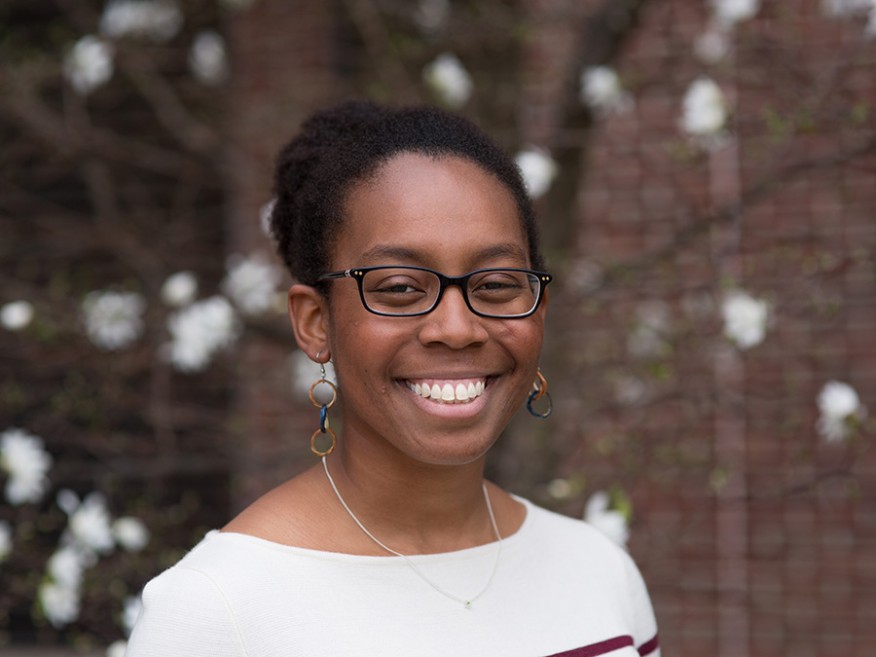Cari Carson is a JD/MSW candidate in the dual degree program of the Schools of Law and Social Work. She was recently named a 2016 Skadden Fellow; beginning in August she’ll spend the next two years providing trauma-informed special education legal advocacy to youth with disabilities in the foster care and/or justice systems in Raleigh, Durham and nearby North Carolina communities.
“Youth with disabilities who are court-involved are one of the most at-risk groups of society and the most in need of advocacy. Unfortunately, they’re the least likely to get it,” said Carson. “Many may be homeless, or in the foster care system, in trouble in school, and in danger of being expelled which severely limits their chances for success.”
Carson will be working with Legal Aid of North Carolina, a statewide nonprofit law firm that represents low-income individuals, families and communities with legal problems that jeopardize their basic human needs and rights. All legal services by the firm are provided for free. Skadden pays the salary and pays benefits equal to what Carson would earn as an employee of Legal Aid.
Carson first became interested in trauma- and social work-informed legal advocacy while teaching special education in rural south Louisiana with Teach For America. In her district, advocacy needs were high but advocates themselves were in short supply. Federal law requires schools in all fifty states ensure appropriate services for students with disabilities through the Individuals with Disabilities Education Act (IDEA). But schools like the one where Carson taught have limited resources to do so.
“In my experience, schools really want to do the right thing for students with disabilities but in poorer districts, resources are stretched thin. Advocates are needed to remind schools that they have this obligation and to help them overcome the challenges of meeting the requirements.”
Carson chose the dual degree program at U-M in part because of the public interest advocacy opportunities. “It can be difficult to do public interest work right out of law school. The Skadden Fellowship makes it possible, and sets you up to continue that work after it ends. I’m very honored and grateful to have been chosen for this life-changing opportunity.”
Skadden Fellowship applicants make formal project proposals that reflect the type of work they want to do with a sponsoring organization. Carson said that her project proposal was informed by her first MSW field placement with the Lucas County (Toledo, OH) Juvenile Court..
“I learned that any youth advocacy work I wanted to do had to be trauma-informed, because so many children in the foster care and juvenile justice systems have experienced trauma through violence, abuse and neglect. Trauma has a significant impact on their physical, emotional, psychological and behavioral development. It’s unfair to them to have to navigate the court or school system without representation that reflects awareness and understanding of this.”
In the future, Carson is interested in proactive advocacy for this same population.
“I would love to continue to work in the field of special education advocacy - looking both at individual advocacy needs and systems change for youth who face many risk factors. It’s an incredible field, and there is much to be done.”
